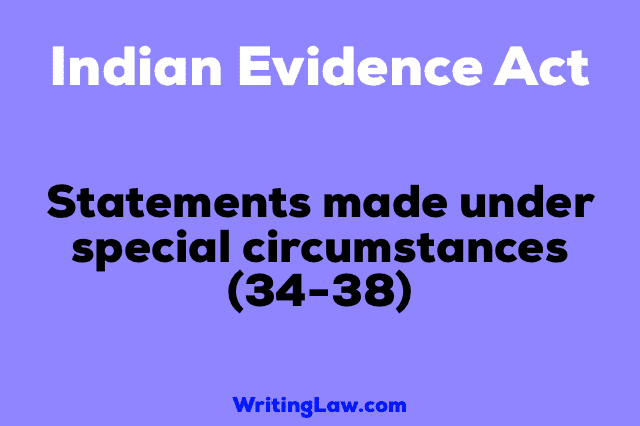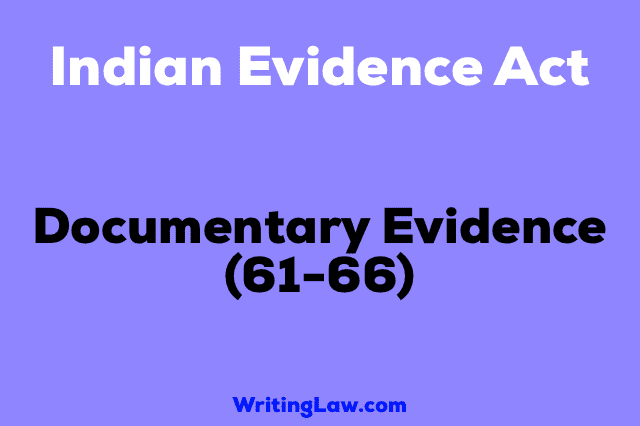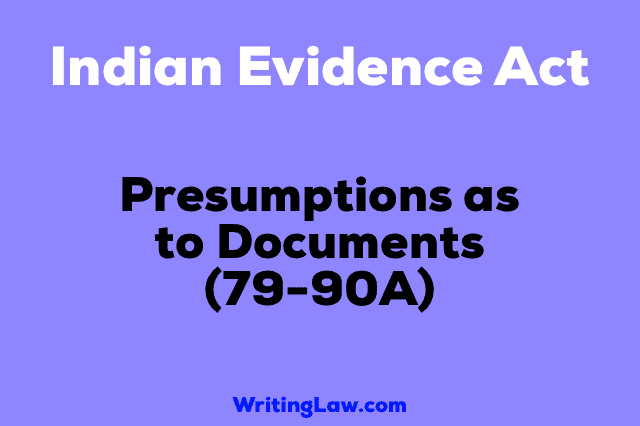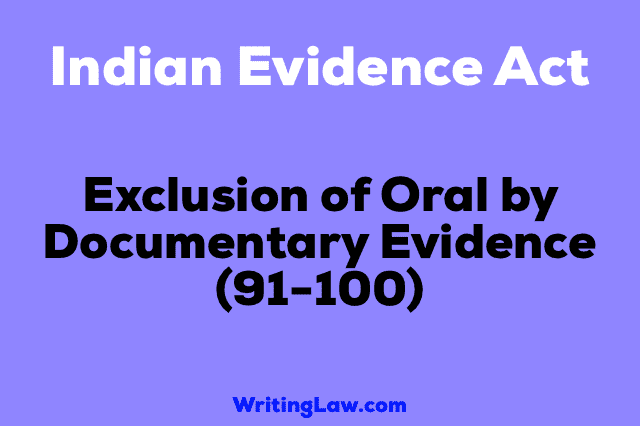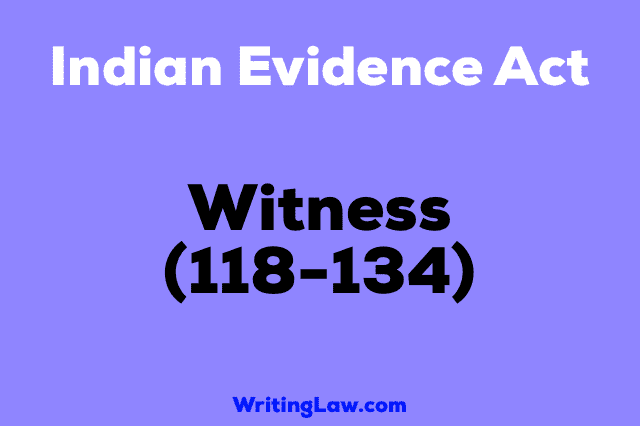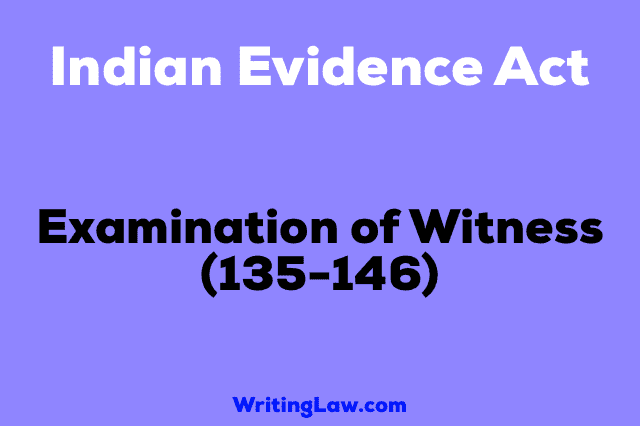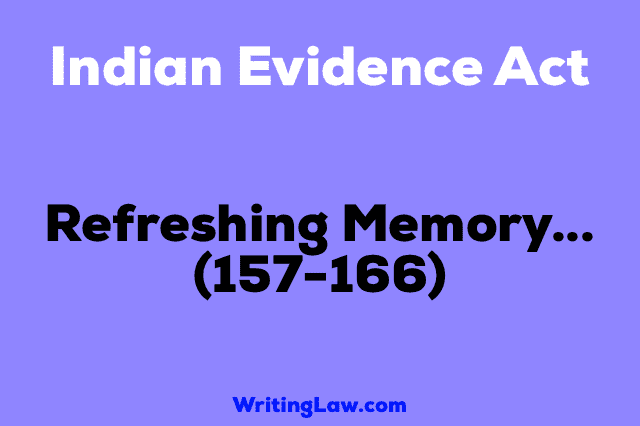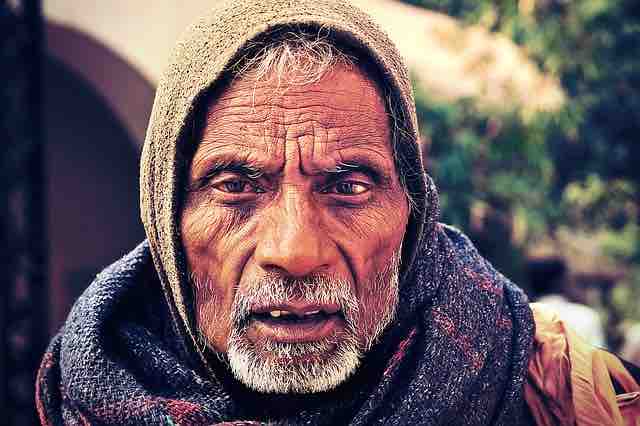Indian Evidence Act’s Four Most Important Questions!
The whole base of the Indian Evidence Act is pillared on four questions:
1. WHAT IS EVIDENCE GIVEN FOR?
Answer: Evidence is given for Facts (Facts in Issue and Relevant Facts)
Note that evidence is not given for Law.
2. HOW ARE THE EVIDENCE FOR FACTS GIVEN?
Answer: Evidence for facts is given orally called Oral Evidence or by proper documents called Documentary Evidence.KEEP READING








